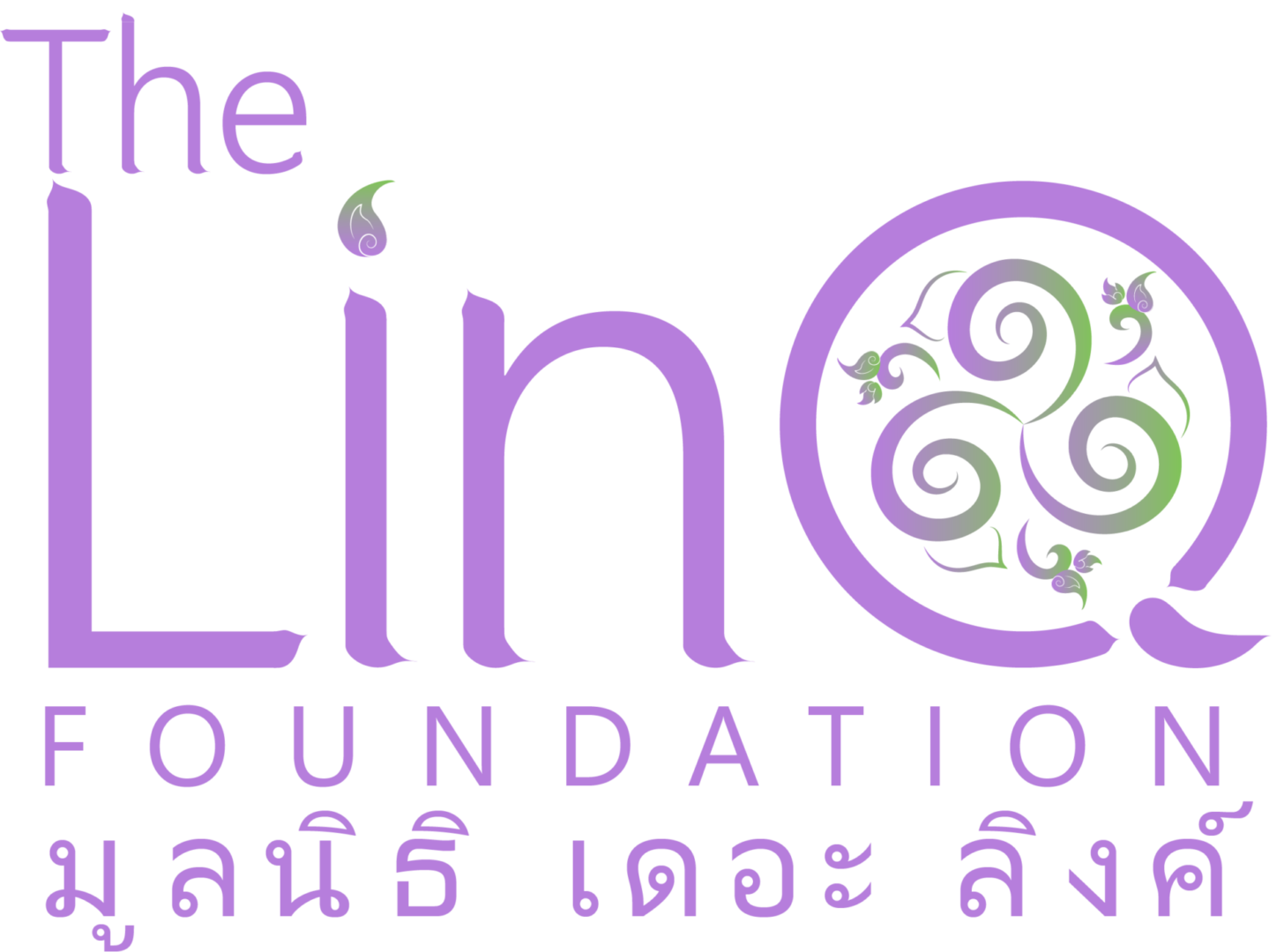August 31, 2023—It goes without saying that adopting DEI and enforcing non-discriminatory policies are internally important, the external force from the nation is also crucial. Legal protection is another vital aspect of workplace inclusion for LGBTQ+—the end of the day, laws are the safest asset that LGBTQ+ community could have ever asked a nation to invest in.
In 2015, Thailand was the first Southeast Asian country that approved Gender Equality Act, enforced by the Committee on Determination of Unfair Gender Discrimination (CDUGD), which to ensure gender equality in both the public and private sectors across Thailand, which undoubtedly correlates to workplace inclusion policies.
Gender Equality Act prohibits any act or omission of the act which causes division, discrimination or limitation of any right and benefit either directly or indirectly, without justification due to the fact that the person is male or female or of a different appearance from his/her own sex by birth.
However, according to UNDP and the Department of Women’s Affairs and Family analysis in 2020 on the implemented laws and policies, there are flaws and delays in practices of the Gender Equality Act (2015)—a lack of policy makers’ supports, delays of reviewing and executing complaints, unclear procedures provided, lack of cooperation from accused parties etc. The research also shows that transgender women is the group that is facing discrimination the most, and most of their complaints were dismissed without any punishment.
Therefore, not only DEI should be adopted, but it is also important for government, organizations and workplaces to put laws and policies into action. Here are some suggestions from our end https://shorturl.at/asD15.
Below in the information cards are common problems LGBTQ+ facing in their workplace.

Sources:
https://shorturl.at/iCHP9


